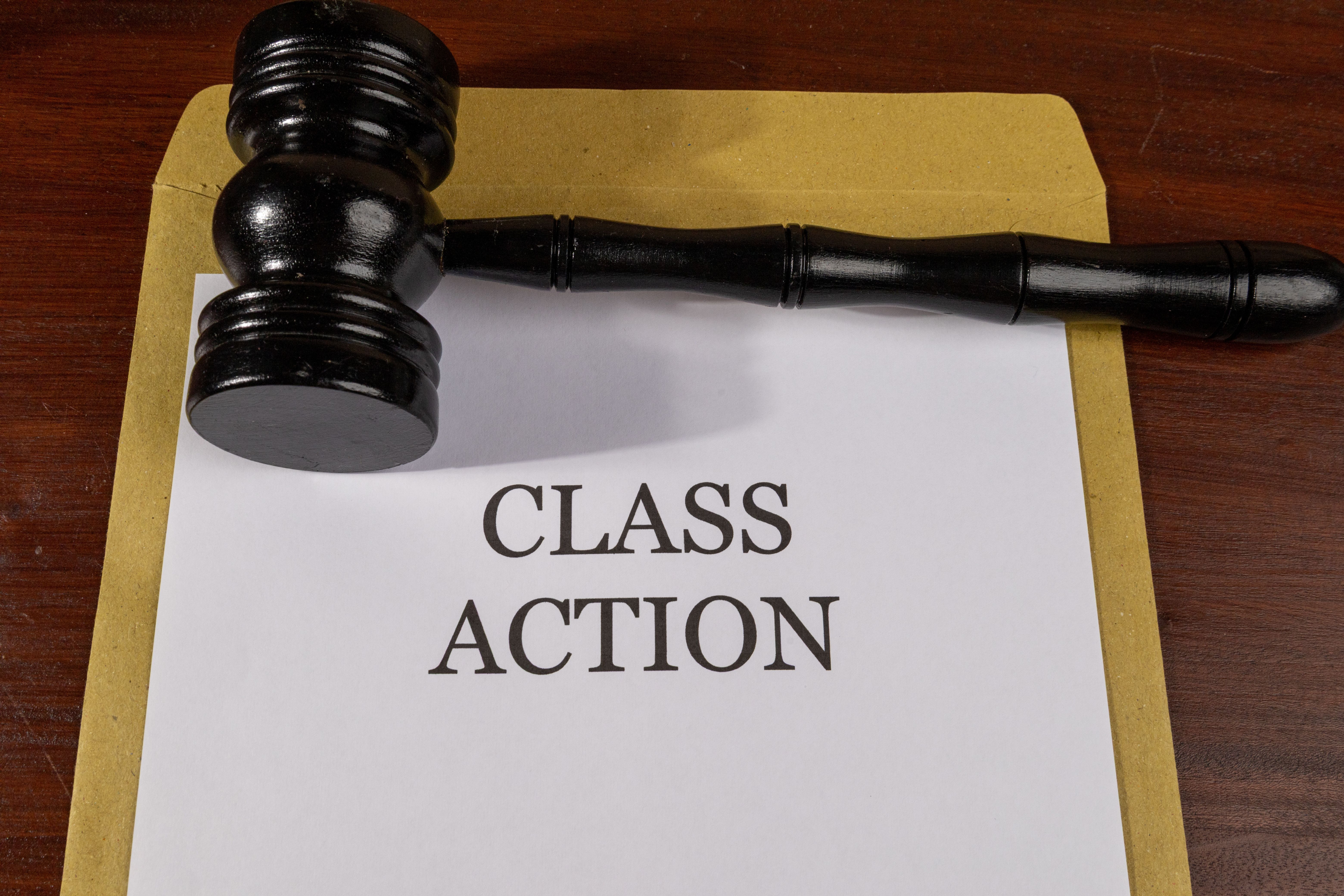What to Know About Class Action Lawsuits in Georgia: Protecting Groups of Consumers and Employees
July 3, 2025
JD Law Group
Class action lawsuits empower groups of people in Georgia to join forces when harmed by the same company or organization. JD Law Group explains how class actions work, common examples, and how you can benefit from collective legal action if you’ve been wronged.

When a company or organization harms not just one person but dozens, hundreds, or even thousands of people, individual lawsuits can seem overwhelming and expensive. That’s where class action lawsuits come in. In Georgia, class actions provide a powerful way for everyday people—consumers, employees, patients, or tenants—to band together and seek justice on equal footing with powerful corporations and large institutions. At JD Law Group, we are committed to guiding groups of Georgians through the class action process and holding wrongdoers accountable.
What Is a Class Action Lawsuit?
A class action is a legal case brought by one or more individuals (called “class representatives”) on behalf of a larger group (“the class”) who have suffered similar harm or losses. Instead of dozens or hundreds of separate lawsuits, a class action combines all the claims into one, making it more efficient and impactful.
Examples of class action cases include:
- Consumers injured by defective products or false advertising.
- Employees who have been underpaid, discriminated against, or denied overtime by the same employer.
- Patients harmed by dangerous medications or medical devices.
- Tenants facing unlawful practices by a landlord or property management company.
- Victims of data breaches or privacy violations by a company.
How Do Class Actions Work in Georgia?
Class action lawsuits must meet certain legal requirements before they can move forward in Georgia. A judge must certify the class, which generally requires:
- Numerosity:
There are too many people affected to make individual lawsuits practical. - Commonality:
The group shares common legal or factual issues. - Typicality:
The claims of the class representatives are typical of the group. - Adequacy:
The representatives can fairly and adequately protect the interests of the class.
Once a class is certified, the lawsuit moves forward on behalf of all class members. If the class action is successful—either by settlement or trial—damages or benefits are distributed among everyone in the class.
Common Types of Class Action Lawsuits
Class actions can arise in many different contexts. Some of the most common types include:
- Consumer Fraud:
False advertising, deceptive business practices, or the sale of unsafe products. - Wage and Hour Violations:
Unpaid overtime, misclassification of employees, or unlawful pay practices affecting multiple workers. - Defective Products:
Cars, appliances, electronics, or drugs that harm or endanger large numbers of people. - Privacy and Data Breaches:
Exposing personal information due to poor security or cyberattacks. - Environmental Harm:
Communities harmed by pollution, hazardous waste, or toxic spills.
Why Join a Class Action Lawsuit?
There are several advantages to participating in a class action:
- Strength in Numbers:
Pooling claims can level the playing field against big companies with extensive legal resources. - Efficiency:
A single case saves time and money, as evidence and legal arguments are shared. - Access to Justice:
Individuals with smaller claims, who might not afford to sue alone, can still seek justice and compensation. - Consistency:
All class members benefit from a uniform resolution, rather than conflicting results from multiple lawsuits.

Your Role as a Class Member
If you qualify as part of a class, you typically do not need to be involved in day-to-day legal proceedings. Class representatives and attorneys handle most of the case, but you will be notified about important developments, settlements, or your right to opt out and pursue your own claim if you choose.
How JD Law Group Supports Class Action Clients
Class actions are complex and require a law firm with the experience, resources, and commitment to handle large-scale litigation. JD Law Group offers:
- Case Evaluation:
We investigate potential claims to determine whether a class action is appropriate and in your best interest. - Class Certification:
Our team gathers evidence and legal arguments to persuade the court to certify the class. - Aggressive Advocacy:
We fight for maximum compensation and meaningful changes to corporate practices. - Clear Communication:
We keep class members informed throughout the process, answering questions and explaining options.
Frequently Asked Questions About Class Actions
Do I have to pay to join a class action?
Most class actions are handled on a contingency basis, meaning you pay nothing upfront and only owe fees if the case succeeds.
How do I know if I’m part of a class action?
If a class action is filed, affected individuals usually receive notice by mail, email, or public announcement.
Can I start a class action?
If you believe you’ve been harmed in the same way as many others, contact JD Law Group for a free evaluation. We can advise whether a class action is possible and guide you on next steps.
Contact JD Law Group Today
If you or a group you know has been harmed by unfair business practices, defective products, or employment violations in Georgia, don’t wait. Contact JD Law Group for a confidential consultation about your rights and the possibility of starting or joining a class action lawsuit. Together, we can make your voice heard—and drive positive change.
Article written by
JD Law Group LLC.
